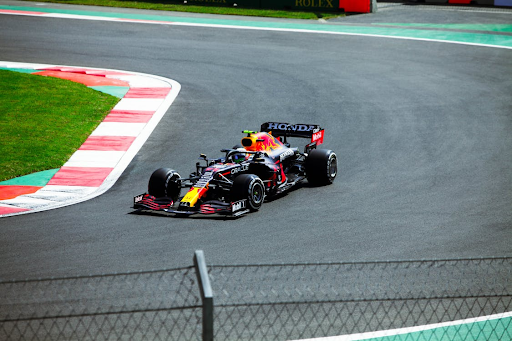For dog owners and enthusiasts, understanding the importance of play in the development of their furry companions is crucial. Play is not just a way to keep dogs entertained; it is an integral part of their emotional, physical, and cognitive development. This article explores the multifaceted role of play in canine development and how establishments like Buddy’s Dog Den incorporate play to foster healthy, well-rounded dogs.
The Importance of Play
Play is a vital activity for dogs of all ages, serving multiple purposes that contribute significantly to their overall well-being.
Physical Health
Regular play helps keep dogs physically healthy by improving cardiovascular health, reducing the risk of obesity, and maintaining muscle tone. Activities like fetching, running, and tug-of-war engage different muscle groups, ensuring that dogs get a comprehensive workout during their play sessions.
Cognitive Development
Play also plays a crucial role in a dog’s cognitive development. Puzzles and interactive toys that challenge dogs to solve problems can enhance their problem-solving skills and improve their ability to learn. These activities help keep their minds sharp and engaged, which is especially important for aging dogs.
Social Skills
For puppies and young dogs, play is a critical component of their social development. Through play, dogs learn how to communicate with peers, interpret signals, and establish social hierarchies. Group play sessions teach them about bite inhibition, how to approach other dogs, and the nuances of canine body language, which are essential skills for social interaction.
Emotional Well-being
Play is a natural stress reliever for dogs. It allows them to expend energy in a positive way, reducing anxiety and preventing behaviors like destructive chewing or excessive barking. Furthermore, play can be a pivotal tool in building and strengthening the bond between dogs and their owners, enhancing the mutual trust and affection in their relationship.
Types of Play and Their Benefits
Different types of play cater to various aspects of a dog’s development. Understanding these can help owners and trainers create a balanced play schedule that meets all of a dog’s developmental needs.
Solo Play
Solo play often involves toys like balls, chew toys, or interactive gadgets that a dog can use independently. This type of play is great for encouraging self-entertainment and can be especially useful for owners who need to leave their dogs alone for part of the day. It helps mitigate the effects of loneliness and boredom and promotes self-reliance.
Interactive Play
Interactive play between a dog and their owner, such as fetch, frisbee, or agility training, helps to strengthen the bond between the dog and its human. It allows owners to actively engage in their pet’s exercise routine and gives them an opportunity to work on training commands and tricks, enhancing a dog’s obedience and agility.
Social Play
Social play involves interactions with other dogs and can occur during playdates or at dog parks. For dogs, such establishments as Buddy’s Dog Den provide a safe and structured environment for this type of play. The controlled setting ensures that all interactions are supervised and conducted in a safe manner, which is crucial for preventing aggressive behaviors and ensuring positive social experiences.
Implementing Effective Play Strategies
Incorporating effective play strategies into a dog’s routine requires understanding their personality and physical capabilities. Here are some tips to make play both fun and developmental:
Vary the Play Routine
To keep play exciting and challenging, vary the activities and toys. This not only prevents boredom but also stimulates a dog’s mind and keeps them engaged in play sessions.
Use Play as a Training Opportunity
Incorporate training into play by using commands during activities. This can include commands like “drop it,” “stay,” or “come.” It reinforces training in a fun and dynamic way, making learning enjoyable and less of a chore for the dog.
Monitor Play Time
While play is beneficial, it’s important to monitor your dog to prevent overexertion. Ensure playtime is balanced with periods of rest, especially for puppies and older dogs, to prevent fatigue and possible injuries.
Create a Safe Play Environment
Ensure that the play environment is safe and free from potential hazards. This includes using toys that are appropriate for the dog’s size and strength and checking play areas for debris or harmful objects.
Conclusion
Play is a fundamental aspect of canine development that enriches a dog’s quality of life in numerous ways. By understanding the role of play and implementing strategies that foster comprehensive development, owners can ensure that their dogs grow up to be healthy, happy, and well-adjusted. Facilities like Buddy’s Dog Den exemplify the importance of structured play and its benefits, providing a blueprint for owners who wish to integrate effective play practices into their dogs’ routines. Ultimately, play is not just about keeping dogs busy; it’s about nurturing their growth and development in every sphere of life.









